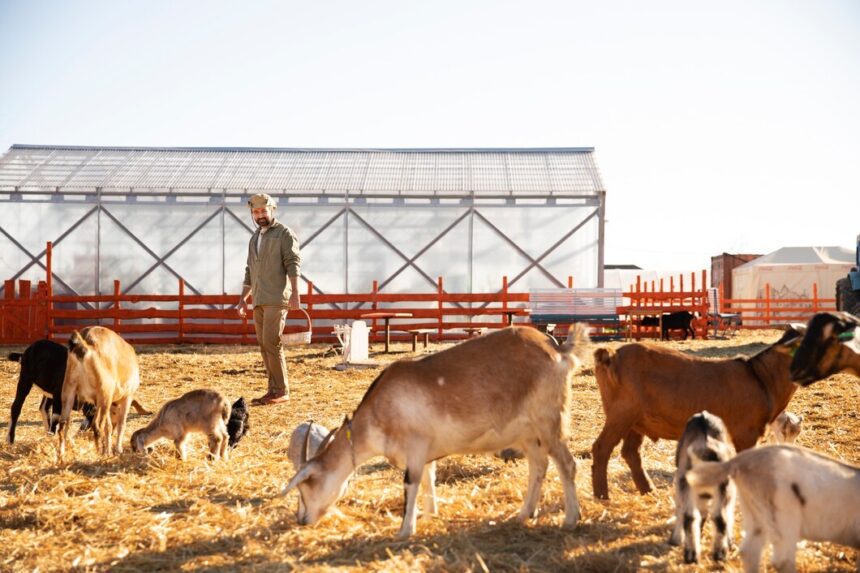Animal welfare is increasingly recognized as a critical aspect of sustainable agriculture, ensuring the health, comfort, and humane treatment of livestock. In South Africa, where farming plays a significant role in the economy, implementing robust animal welfare practices not only enhances productivity but also aligns with ethical standards and consumer expectations. Here are ten effective ways South African farmers can implement animal welfare practices on their farms:
- Provide Adequate Housing and Shelter: Ensure livestock have access to well-designed housing that protects them from extreme weather conditions, promotes comfort, and allows for natural behaviors.
- Access to Clean Water and Balanced Nutrition: Regularly provide clean, fresh water and formulate balanced diets appropriate for each species and stage of life, ensuring nutritional needs are met without overfeeding.
- Healthcare and Disease Prevention: Implement a proactive healthcare program that includes regular health checks, vaccinations, and prompt treatment of illnesses or injuries to maintain herd/flock health and minimize suffering.
- Humane Handling and Transportation: Train farm workers in gentle handling techniques to minimize stress and injuries during handling, loading, and transportation. Ensure vehicles and facilities are designed to accommodate the welfare of animals during transport.
- Monitoring and Management of Animal Behavior: Regularly observe and assess animal behavior to detect signs of stress, illness, or injury early. Provide enrichment activities and space that allow animals to express natural behaviors.
- Routine Maintenance of Facilities: Maintain farm infrastructure, including fences, housing, and feeding equipment, to ensure safety and comfort for livestock and minimize risks of injury or distress.
- Biosecurity Protocols: Implement strict biosecurity measures to prevent disease outbreaks, including quarantine procedures for new animals, sanitation practices, and control of visitor access to farm premises.
- Avoidance of Routine Use of Antibiotics and Hormones: Minimize the use of antibiotics and hormones unless necessary for therapeutic purposes, and follow withdrawal periods to ensure food safety and prevent residues.
- Environmental Management: Adopt sustainable farming practices that minimize environmental impact, such as proper waste management, soil conservation, and responsible use of resources like water and energy.
- Education and Training: Continuously educate farm workers about animal welfare standards and best practices. Provide training on handling techniques, healthcare protocols, and the importance of ethical treatment of animals.
Benefits of Implementing Animal Welfare Practices
Implementing these practices can lead to numerous benefits for South African farmers and the agricultural industry as a whole:
- Enhanced Animal Health and Productivity: Improved welfare leads to healthier animals that are more productive and efficient in converting feed into products like meat, milk, or fiber.
- Quality Assurance: Ethical practices result in higher-quality products that meet consumer expectations for humane and sustainable farming.
- Regulatory Compliance and Market Access: Adhering to animal welfare standards can help farms meet regulatory requirements and access premium markets that prioritize ethical sourcing.
By prioritizing animal welfare practices, South African farmers can not only improve the well-being of their livestock but also enhance farm sustainability, consumer trust, and the overall reputation of the agricultural sector in the global market.
Join 'Farmers Mag' WhatsApp Channel
Get the latest Farming news and tips delivered straight to your WhatsApp
CLICK HERE TO JOIN






